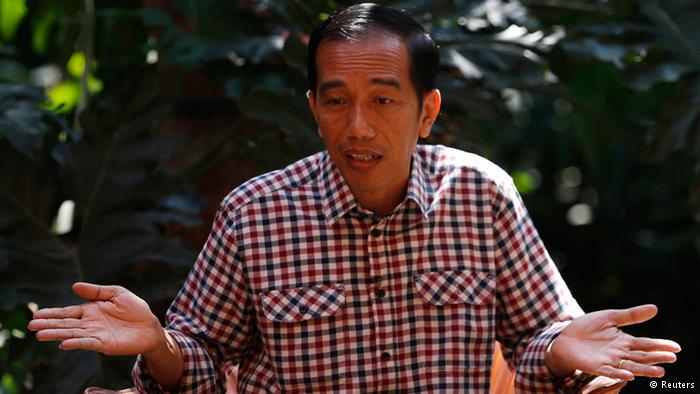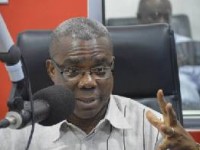
The latest Afrobarometer report has revealed deep-seated concerns among Ghanaians regarding the nation’s economic trajectory, social conditions, and key policy issues.
Unemployment emerged as the top concern for 41% of respondents, followed by infrastructure and road development (38%) and healthcare (33%).
These issues are seen as the most urgent problems the government needs to address, reflecting a widespread desire for economic stability and quality public services.
One of the most divisive topics is the electronic transactions levy (e-levy), with 79% of Ghanaians favouring its discontinuation. This sentiment highlights growing discontent with the levy, which many citizens feel burdens already-strained finances.
On the other hand, several current government initiatives received strong public support, with 85% of Ghanaians advocating for the continuation of the Free Senior High School (SHS) programme, 81% supporting the Planting for Food and Jobs initiative, 71% backing the One District, One Factory policy, and 60% approving the One Village, One Dam project.
These programmes are viewed as crucial pillars in addressing economic challenges and promoting sustainable development, especially in agriculture, education, and industrialization.
The report also sheds light on the economic hardships experienced by Ghanaians. Seven in ten respondents reported that they or a family member went without cash income at least once in the previous year.
Additionally, shortages of essential services and goods are common, with 54% of respondents lacking medical care, 44% experiencing water scarcity, and an equal 44% reporting food shortages. Fuel shortages also affected a significant portion of households, adding to the strain on daily living.
Lived poverty remains a prominent challenge, with 82% of Ghanaians reporting low, moderate, or high levels of lived poverty within the past year.
The proportion of citizens experiencing moderate or high poverty has more than doubled, increasing from 19% in 2017 to 45% today.
This trend highlights a growing struggle for many Ghanaians to meet basic needs, underscoring the urgency for economic reform.
Public sentiment about Ghana’s overall direction and the government’s economic performance is notably pessimistic. The majority of citizens feel that the country is headed in the wrong direction, offering predominantly negative assessments of both national economic conditions and their own living situations.
Fewer than half (45%) of Ghanaians are optimistic about any improvement in the economic condition over the coming year. Confidence in the government’s economic management has also sharply declined, with a significant number of respondents expressing dissatisfaction with current leadership on economic issues.
As Ghana moves closer to the 2024 elections, these findings underscore a call from the population for urgent reforms, particularly in job creation, infrastructure, and public health.
The data indicates a pressing need for policies that directly address the economic challenges facing Ghanaians and work towards reversing the trend of rising poverty and economic dissatisfaction.
END





